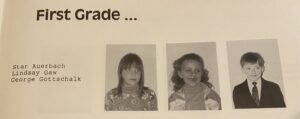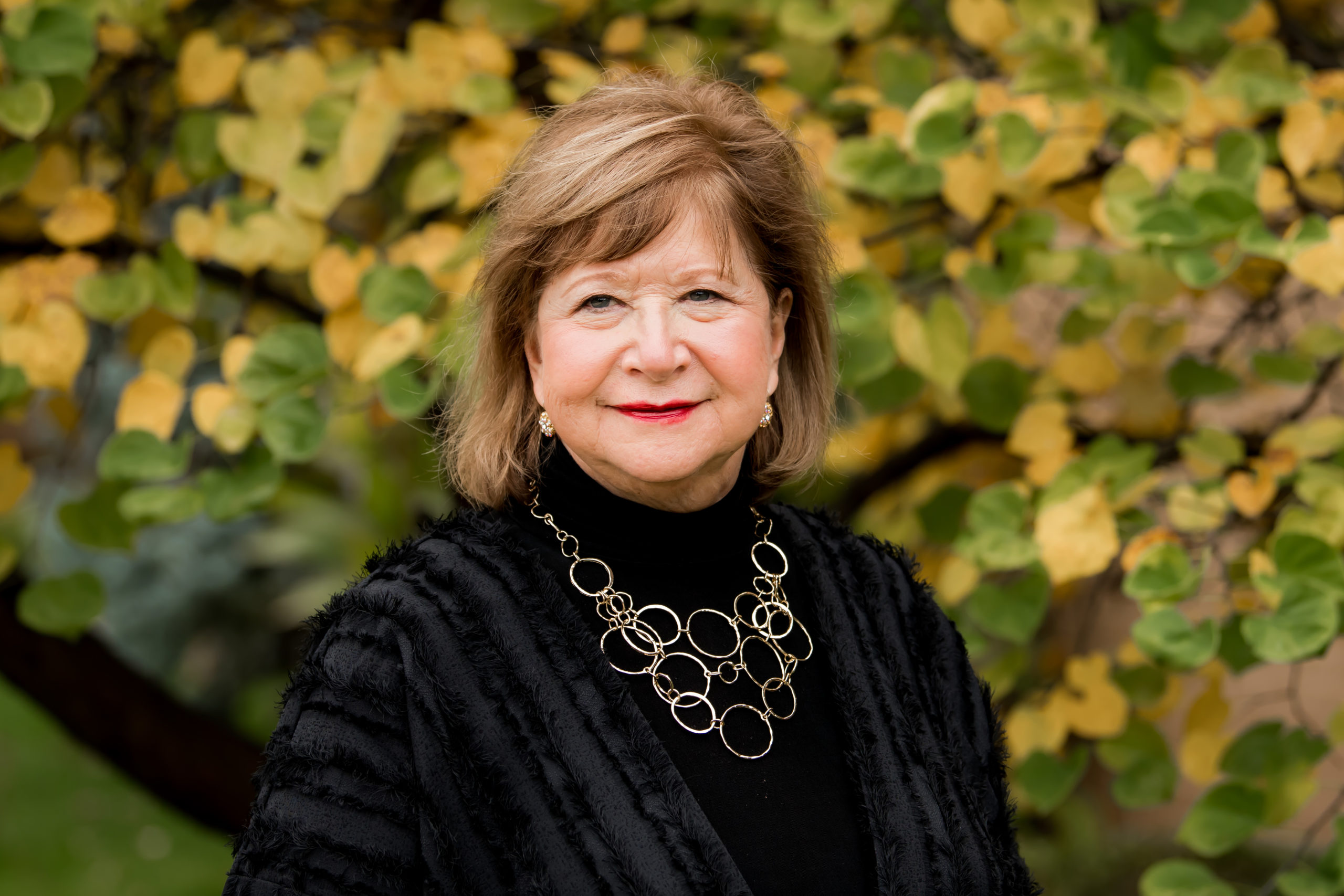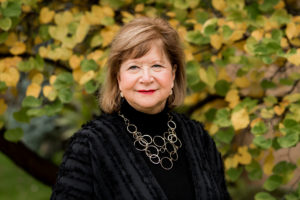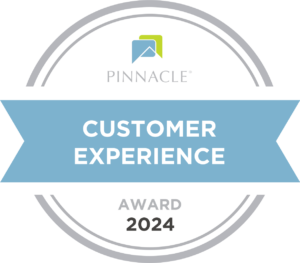Louisville's Largest Aging Care Employers
Source: Louisville Business First
By Allison Stines
ABOUT THE LIST
Information was obtained from representatives of listed organizations. Other organizations might have been eligible but did not respond to requests for information. Local refers to the Louisville area of Jefferson, Bullitt, Oldham and Shelby counties in Kentucky and Clark, Floyd and Harrison counties in Indiana.
| NAME / PRIOR RANK WEBSITE | ADDRESS PHONE | LOCAL EMPLOYMENT: 20231 | LOCAL EMPLOYMENT: 20222 | COMPANYWIDE EMPLOYMENT: 20231 | DESCRIPTION OF AGING CARE SERVICES3 | YEAR FOUNDED LOCALLY | TOP LOCAL EXECUTIVE(S) | |
|---|---|---|---|---|---|---|---|---|
1 | 303 N. Hurstbourne Pkwy. #200 Louisville, KY 40222 502-412-5847 | 1,610 | 1,271 | 13,154 | Provider of senior living services | 1997 | Leigh Ann Barney | |
2 | 680 S. 4th St. Louisville, KY 40202 502-596-7300 | 700 | 700 | 22,000 | Long-term acute care hospitals and traditional community hospitals | 2021 | Rob Jay | |
3 | 3701 Frankfort Ave. Louisville, KY 40207 502-259-9627 | 686 | 658 | 686 | Independent and assisted living, personal care, rehab, memory care, skilled nursing | 1867 | J Scott Judy | |
4 | 805 N. Whittington Pkwy. Louisville, KY 40222 502-394-2100 | 580 | 608 | 47,377 | Parent company of a family of clinical, nonclinical, pharmacy and ancillary services | 1974 | Jon Rousseau | |
5 | 6200 Dutchmans Ln. Louisville, KY 40205 502-456-6200 | 539 | 501 | 633 | Hospice and palliative care organization | 1978 | David Cook | |
6 | 12201 Bluegrass Pkwy. Louisville, KY 40299 502-568-7800 | 530 | 1,013 | 8,359 | Skilled nursing, rehabilitation therapy services, non-medical home care, assisted living | 2007 | E. Joseph Steier | |
7 | 300 E. Market St. Louisville, KY 40202 502-779-4700 | 500 | 485 | 15,700 | Independent living, assisted living, supportive living, memory care | 1998 | John Moore | |
8 | 2000 Newburg Rd. Louisville, KY 40205 502-459-9681 | 400 | 368 | 400 | Personal care, memory care, rehabilitation-to-home and long-term care | 1976 | Mary Haynes | |
9 | 4043 Taylorsville Rd. Louisville, KY 40220 502-690-2648 | 330 | 250 | 330 | In-home senior care | 2006 | Nancy Galloway | |
10 | 2701 Chestnut Station Ct. Louisville, KY 40299 866-579-3181 | 298 | 298 | 3,125 | Pharmaceutical services for long term care facilities | 2021 | Randall Bufford | |
11 | 4101 Taylorsville Rd. #200 Louisville, KY 40220 502-515-9515 | 235 | 290 | 235 | Provider of non-medical, in-home care for seniors | 1999 | Lynn Welch Tracy Ames | |
12 | 12710 Townepark Way Louisville, KY 40243 502-254-4200 | 214 | 214 | NA | Affordable housing, long-term care, adult day care | 1884 | Mary Lynn Spalding | |
13 | 406 Blankenbaker Pkwy. #G Louisville, KY 40243 502-893-4700 | 207 | 193 | 207 | In-home care, supplemental staffing for medical facilities | 2010 | Christian McCutcheon Leslie McCutcheon | |
14 | 821 Ulrich Ave. Louisville, KY 40219 502-540-1482 | 195 | 189 | 195 | Adults with intellectual and developmental disabilities services provider | 1979 | Kim Wickliffe | |
15 | 211 W. Oak St. Louisville, KY 40203 502-589-3211 | 192 | NA | 192 | All levels of service in independent living, rehabilitation, assisted living, personal, memory and respite care | 1984 | Steve Robison | |
16 | 4545 Bishop Ln. #200 Louisville, KY 40218 502-238-5150 | 160 | 200 | 32,000 | Medicare certified home health agency providing skilled nursing and therapies | 1976 | Marlene Reynolds June Lambert | |
17 | 130 St. Matthews Ave. #302 Louisville, KY 40207 812-920-4760 | 154 | 42 | 400 | Senior living, assisted living and memory care services for the senior population | 2017 | Vinnie Barry Todd Marsh | |
18 | 2210 Goldsmith Ln. #209 Louisville, KY 40218 502-458-2273 | 132 | 80 | 132 | Non-medical in-home services for seniors and others | 2016 | Laura Curry Michael Coffey | |
19 | 10503 Timberwood Cir. #101 Louisville, KY 40223 502-244-8446 | 125 | 120 | 125 | Non-medical care provided in homes, hospitals, nursing homes, independent and assisted living | 1981 | Sara Olivencia | |
19 | 2301 Hurstbourne Village Dr. #100 Louisville, KY 40299 502-426-9783 | 125 | NA | 125 | Personal care, meal preparation, dementia care, companionship, transportation, errands, chores, light housekeeping | 1996 | Terry Graham | |
21 | 297 N. Hubbards Ln. Louisville, KY 40207 502-548-1239 | 95 | 90 | 105 | In-home non-medical home care for mostly seniors | 2013 | John O’Callaghan | |
22 | 33 State St. #308 New Albany, IN 47150 812-948-8330 | 82 | NA | 82 | Home-delivered meals, congregate meals, transportation services, attendant care, homemaker services, caregiver assistance | 1973 | Lora Clark | |
23 | 2001 Stanley Gault Pkwy. #C Louisville, KY 40223 502-244-1212 | 80 | NA | NA | Non-medical home care for seniors | 2012 | Steve Kochersperger | |
24 | 4360 Brownsboro Rd. Louisville, KY 40207 502-357-7030 | 47 | NA | 350 | Owner and operator of senior living and multi-family communities in Ohio, Kentucky, Tennessee, Florida and Michigan | 2003 | Brian Durbin | |
25 | 3004 Taylorsville Rd. Louisville, KY 40205 502-479-1906 | 45 | 45 | 45 | Non-medical in-home care for seniors provider | 2003 | Anne Cooper | |
25 | 2633 Grant Line Rd. New Albany, IN 47150 812-945-6868 | 45 | 48 | 45 | Provider of aged and disabled waiver services through Indiana Medicaid | 1981 | Tonya Hollins Kelley Troutman | |
27 | 1312 Pollitt Ct. Louisville, KY 40223 502-882-3049 | 42 | 45 | 42 | In-home care personal care services, homemaking, transportation | 2013 | Jeff Flood | |
28 | 9260 Stonestreet Rd. Louisville, KY 40272 502-935-3300 | 31 | 31 | 31 | Specializes in caring for people with Alzheimer’s and other forms of dementia in resident and adult day health care programs | 2012 | Sheila Carter | |
29 | 920 Dupont Rd. #200 Louisville, KY 40207 502-581-1111 | 27 | 27 | 27 | We connect seniors to care resources and help them preserve assets while obtaining benefits to help pay for long-term care. | 2002 | John Dotson Kelly Gannott Misty Vantrease | |
30 | 904 Lily Creek Rd. #201 Louisville, KY 40243 502-814-3111 | 25 | NA | NA | Non-medical home care provider | 2010 | Amy Elsbury | |
30 | 1300 Clear Springs Trace #4 Louisville, KY 40223 502-356-4377 | 25 | 19 | NA | Mobile primary medical care office with clinicians that utilize a multidisciplinary hospital-at-home program to manage and treat acute and chronic illnesses in your place of living | 2017 | Pamela Alvey | |
32 | 501 State St. New Albany, IN 47150 812-283-7015 | 22 | 11 | 22 | Non-medical care including help with bathing, dressing, grooming, toileting and general household services | 1991 | Gary Ward |

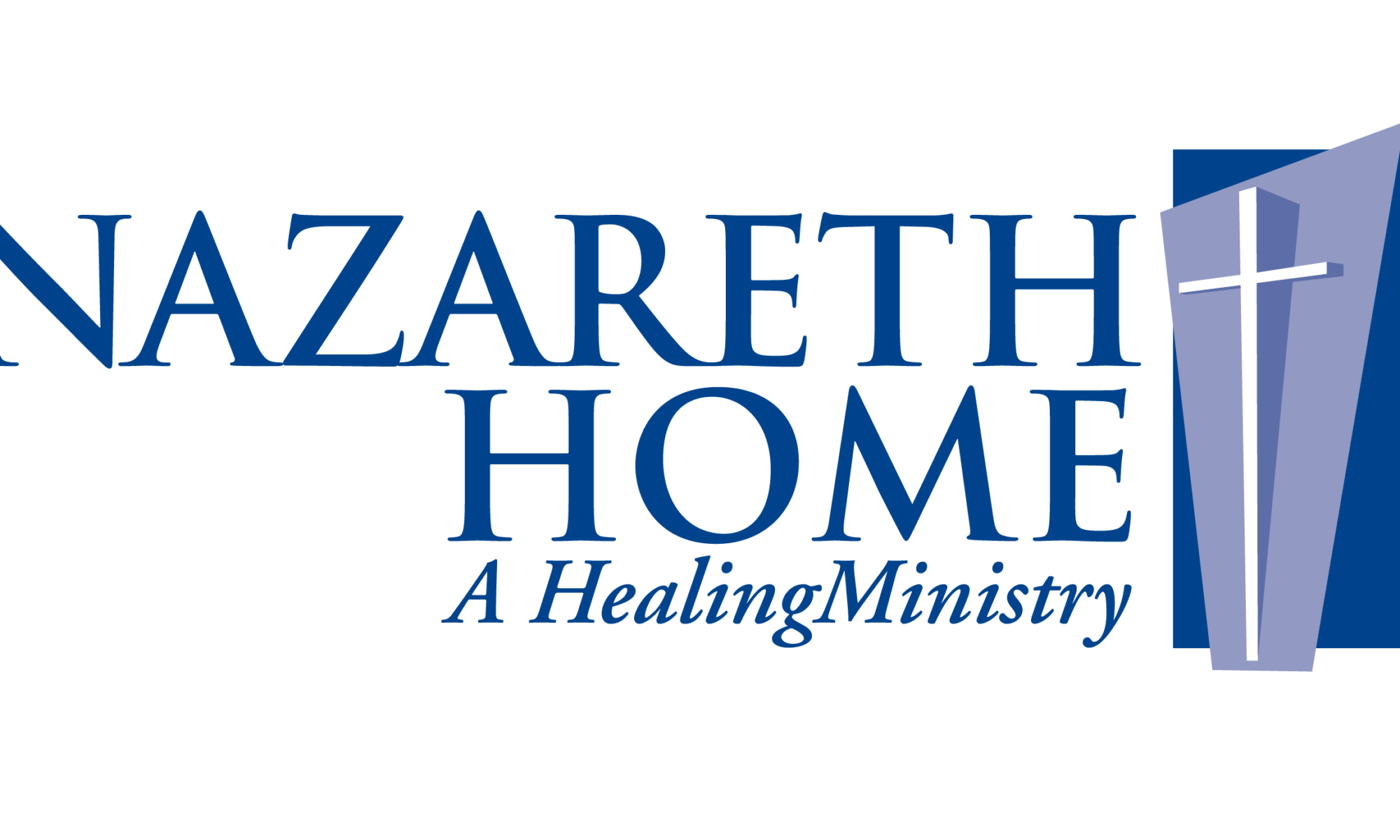
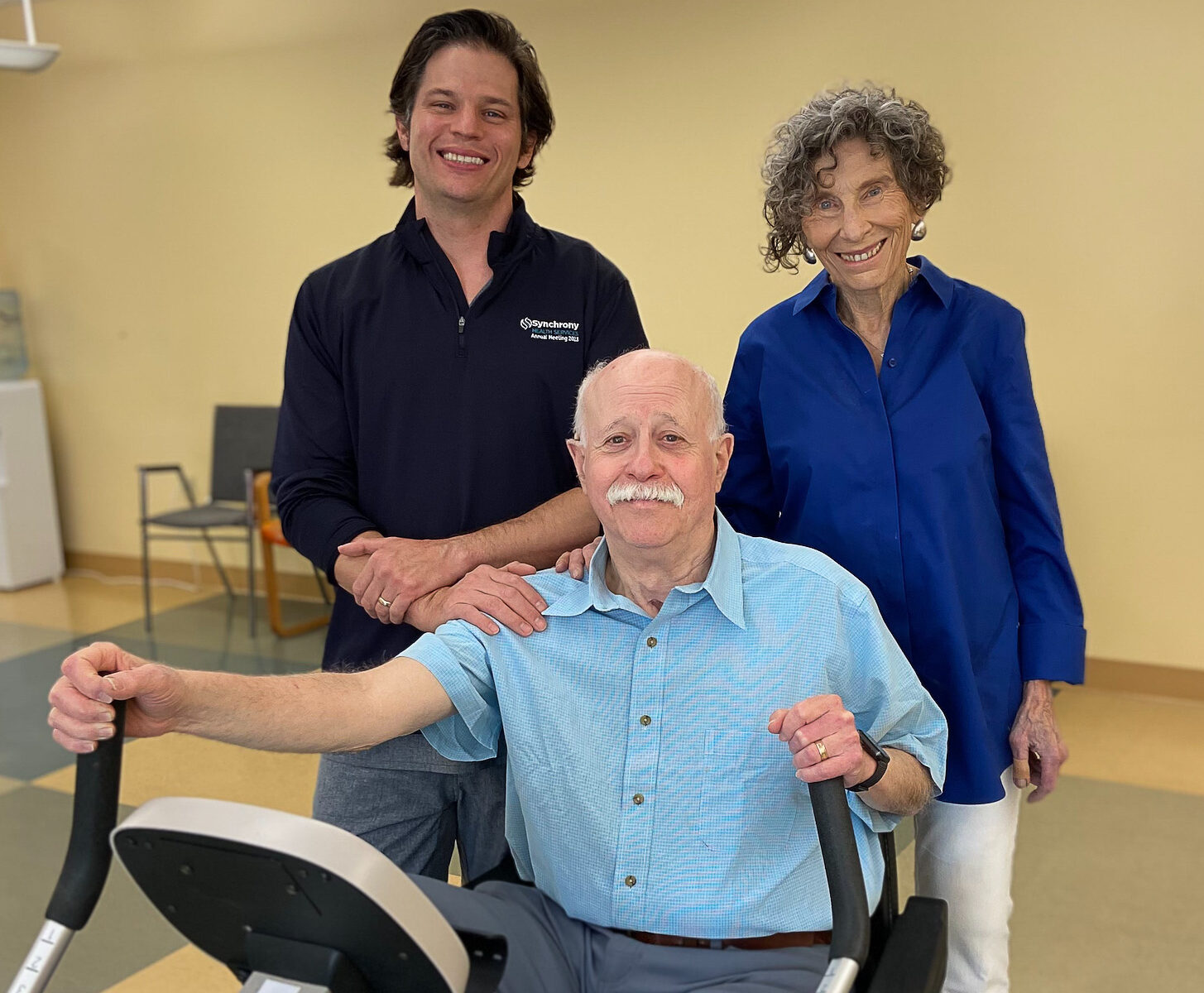
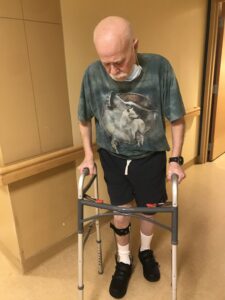
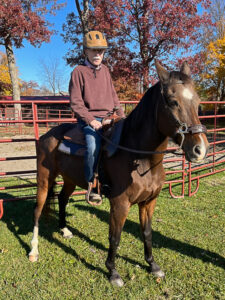 Alan was able to joyously return home in September 2021 and received home health care, respite care, and even equine therapy from Allison Wheaton at
Alan was able to joyously return home in September 2021 and received home health care, respite care, and even equine therapy from Allison Wheaton at 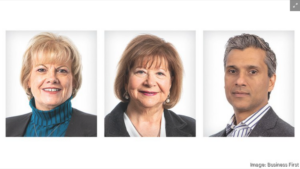 Louisville often calls itself the home of the aging care and aging innovation industry. We gathered three top professionals in the field to talk about the state of business and how they are navigating through major challenges in workforce, funding and attitudes toward senior populations. Joining this sponsored content conversation were
Louisville often calls itself the home of the aging care and aging innovation industry. We gathered three top professionals in the field to talk about the state of business and how they are navigating through major challenges in workforce, funding and attitudes toward senior populations. Joining this sponsored content conversation were 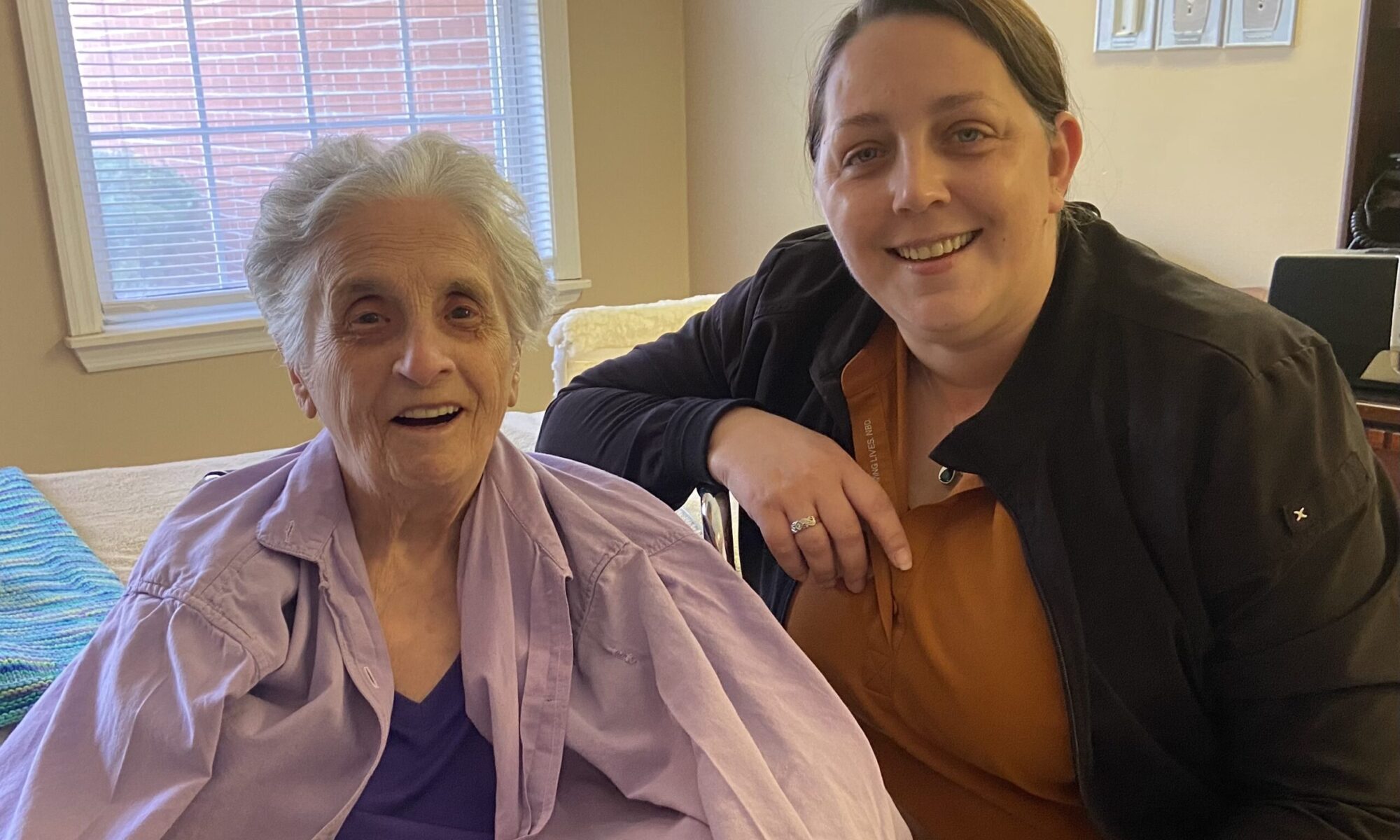
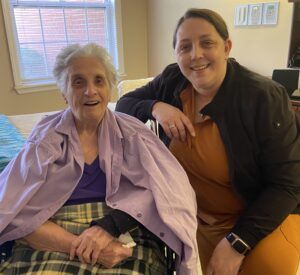
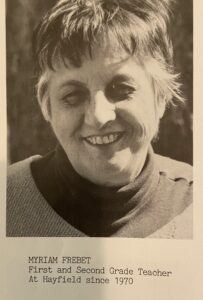 As the two of them reminisced together over old school yearbooks, Myriam turned to Lindsay and said with a smile, “You certainly were a wonderful first grader.”
As the two of them reminisced together over old school yearbooks, Myriam turned to Lindsay and said with a smile, “You certainly were a wonderful first grader.”